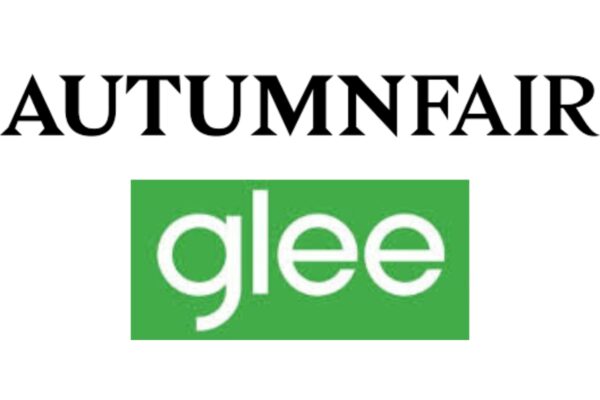A Distressed Retail Property Taskforce has been set up to help rejuvenate the UK’s struggling town centres as online shopping threatens to make high streets ‘little more than showrooms’ according the Economist Intelligence Unit*.
Its first priority will be to tackle the issue of retail property debt and the spectre of empty, run-down shops in town centres. Taskforce chairman Mark Williams, a partner at asset managers, Hark Group commented:
“We have too many shops, the wrong size and under-invested. The change in town centres that is required is significant and will require public and private sectors coming together to find ways of financing these changes. What we’re talking about are essentially infrastructure projects that can future-proof our towns for the next 50 to 60 years.”
Members include the British Council of Shopping Centres, the British Property Federation and the Local Government Association. Lloyds Bank, the Royal Bank of Scotland, Javelin Group, Legal and General Property and the Booksellers Association are also involved.
The group, which includes senior members of the banking, retail and property sectors, is one of the most significant developments in the retail sector since Mary Portas conducted her high street review. The group met for the first time last week.
Clusters of boarded up shops have plummeted in value and are not seen as worth any investment from landlords, who have become unwilling to put in further investment yet are reluctant to sell up or write off their debts. Many landlords are still resisting cutting rents to help bring in new tenants, due to the high level of income required to keep up with their debt payments.
However, many properties are simply not worth enough to pay off such debts, meaning that both landlords and bank-lenders are stuck in a rut with the same problem, uncertain as to whether they should cut their losses or hang on in the hope of a revival in their property prices.
All too often an unsatisfactory compromise is reached (or denial of the issue, one might argue) and landlords opt to get by with empty or dilapidated retail property. The Distressed Retail Property Taskforce has vowed to meet the challenge head on by breaking this stalemate situation. It will spend the next six months gathering evidence that will help determine the size of the problem and the worst affected areas, then attempt to come up with solutions.
Over 300 Town Team Partners and 27 Portas Pilots (named after famous high street analyst Mary Portas) will be sent out on the nationwide fact-finding mission.
Williams added: “The wider economic, consumer and retail markets have moved at a pace that our high streets, and property in general, have not been fast enough to adapt. The reasons for this need careful examination. Critically, the Prime Minister has pushed the plight of the high street high up the political agenda. This research will provide hard evidence to allow tough choices over priorities to be made. Mary Portas’ enthusiasm, profile and energy will ensure that the topic remains a high priority by the time we report.”
* The Economist Intelligence Unit estimated that online shopping will rise by 13 % between now and 2022, until it accounts for at least a third of UK retail sales


















